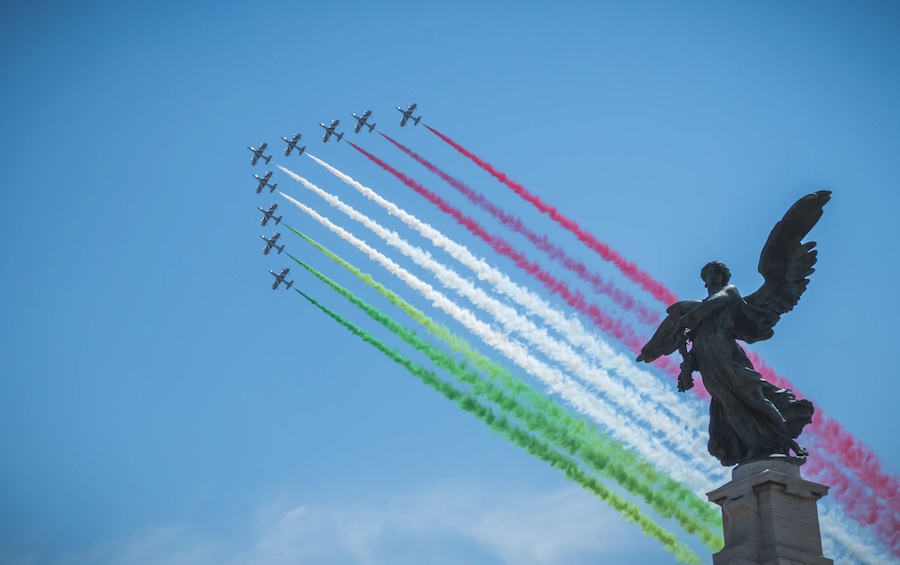Italians are today, 25th April, celebrating Liberation Day, or Il Giorno della Liberazione, an event of national pride and remembrance. But what exactly is the history behind this important day?
World War II was tricky for the Italians. Their leader, Benito Mussolini, backed Adolph Hitler and his nationalist agenda, putting them on the losing side of a horrific and bloody war that lasted from 1939 to 1945.
Many opposed Mussolini and the German occupation of their country, and a strong resistance movement came into being. As the war was winding down in 1945, a series of actions took place that gradually led to Italy being set free from oppressors inside and out of their nation.
The first was an uprising in Bologna, followed by one in Genoa, both taking place on 23rd April, effectively liberating these cities. Next up were Milan and Turin on the 25th. American forces landed in Italy on 1st May, and the rest of the German forces finally put up the white flag that day, ending the war in Italy.
The internal resistance forces in Italy had been working since the start of the war. The group was made up of a motley crew of unlikely allies including members of the Italian Communist Party, the Italian Socialist Party, the Christian Democrats, the Labour Democratic Party and the Italian Liberal Party, which together made up the National Liberation Committee of Upper Italy (CLNAI).
The current date was chosen in 1946, and in most Italian cities, marches and parades are organised to commemorate the event. On 22nd April 1946, the ‘Provisions on festive occasions’ decree created the national holiday. The bill states that “In celebration of the total liberation of the Italian territory, 25th April 1946 is declared a national holiday”.
On 27th May 1949, Law 260 made the anniversary a permanent, annual national holiday.
Today, it is marked by festivities and tributes, including parades, concerts, speeches and street parties. The song of the resistance movement, Bella Ciao, can be heard all over the country, on every street and home. Additionally, in a tradition the Italians do so well, a special meal is served at family gatherings and with friends to commemorate the day.
Photo by Mauricio Artieda on Unsplash
